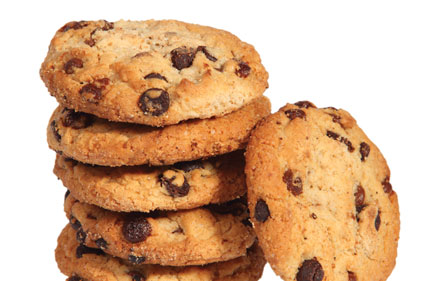Previous research has shown that flavanols in other foods such as grapes and tea can help fight weight gain and type-2 diabetes. However, not all flavanols, which are a type of antioxidant, are created equal. Cocoa has several different kinds of these compounds, so Neilson's team decided to tease them apart and test each individually for health benefits.
The scientists fed groups of mice different diets, including high-fat and low-fat diets, and high-fat diets supplemented with different kinds of flavanols.
They found that adding one particular set of these compounds, known as oligomeric procyanidins (PCs), to the food made the biggest difference in keeping the mice's weight down if they were on high-fat diets.
They also improved glucose tolerance, which could potentially help prevent type-2 diabetes.
"Oligomeric PCs appear to possess the greatest antiobesity and antidiabetic bioactivities of the flavanols in cocoa, particularly at the low doses employed for the present study," the researchers state.
The research is published in the American Chemical Society’s Journal of Agricultural and Food Chemistry.



